A new sporting champion
If you travelled around the world and asked the people you meet to create a list of what Manchester is famous for you will probably get a range of answers. Cotton, industrial revolution, music – they will be somewhere on list. But near the top will always be one thing – sport.
Going back through time, thanks to the Busby Babes, then the “Holy Trinity” of George Best, Denis Law and Bobby Charlton everyone knew about Manchester through the lens of Manchester United. In the modern era the ‘noisy neighbours’ of Manchester City have become a global force.
But aside from the footballing juggernauts of United and City, Manchester is also home to a huge range of sports including athletics, cricket, netball, rugby, basketball, and squash. It also has national centres for cycling – home of the hugely successful British Cycling Team – lacrosse, taekwondo, swimming, and water polo.
You could say sport is in the city’s blood.
Now stepping into this exciting sporting arena is a new name – the Manchester Metropolitan University Institute of Sport.
State of the art
The state-of-the-art facility on Oxford Road provides teaching and research facilities, allowing the exploration of a range of exercise and health-related issues from supporting elite performance to ensuring we can all keep in good health as we get older.
The Institute of Sport brings together expertise in sport and wellbeing from across the University – around performance, psychology, physiology, rehabilitation, business, law, governance, and data analysis.
The advanced research facilities include a powerful MRI scanner and an environmental chamber which simulates high altitude and extreme hot and cold temperatures, allowing research into how the human body responds to challenging conditions. And there is space to teach up to 1,800 students.
The Institute of Sport currently has 42 academic programmes under its umbrella, ranging from traditional sports-related science courses to business, through rehabilitation and nutritional science to design of equipment and apparel, and at postgraduate level programmes such as Sports Psychology, Sport and Exercise Medicine and Sports Marketing and Business, as well as the sector-leading Masters in Sports Directorship.
There is also the launch the Manchester Graduate School of Sport in May 2022, providing a real focal point for students, from the UK and around the world, who want to advance their knowledge and employability in a range of novel new programmes that will serve our industries and communities.
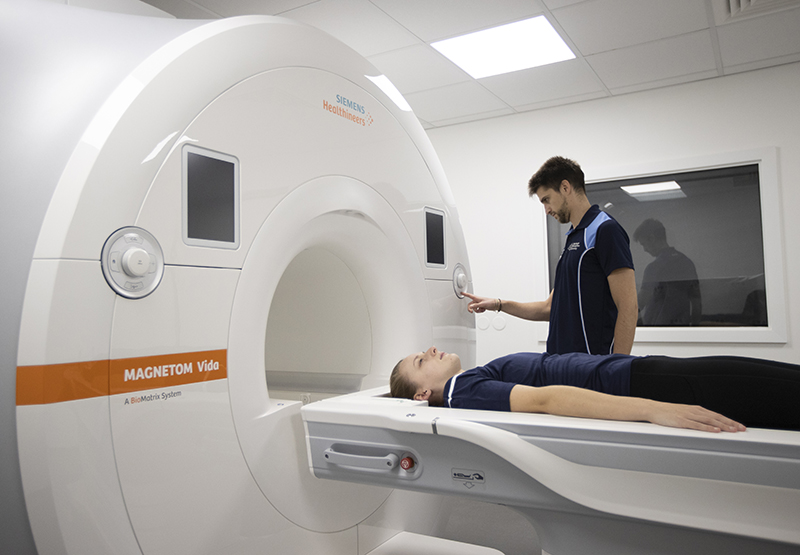
Global leader
Professor Tim Cable, Director of the Institute of Sport, said: “Our vision for the Institute of Sport is to be a global leader in sport education, sport research, and sport impact. This is supported by our new physical space, a state-of-the-art building, which is home to new technologies which will enable to world-leading research.
“Through the Institute of Sport, we have a unique opportunity to bring new thinking across the themes of sport, health and wellbeing, equality and inclusion, education and sustainability.”
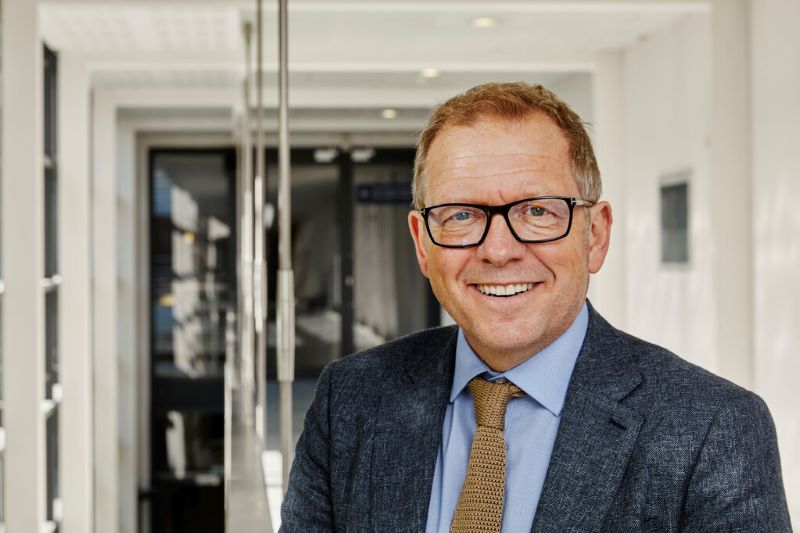
Aside from tapping into Manchester’s sporting heritage, the Institute of Sport will also bring its research expertise to bear on the policy landscape, nationally and globally.
The importance of exercise to long-term health is well recognised – in Greater Manchester we have the GM Moving in Action strategy which aims to get “everyone in Greater Manchester working together with the ambition to encourage people to get moving for a happier, healthier, more connected Greater Manchester and good lives for all”. While nationally the government has made tackling obesity and sedentary lifestyles – and thus reducing the pressure on healthcare providers – a key objective.
Professor Sharon Handley, Pro-Vice-Chancellor for Culture and Community at Manchester Met said: “A key focus of local and national government is optimisation of the health of our communities and the families that live in them. Working across the range of expertise that Manchester Met can harness, from public health interventions and evaluation to behaviour change and health and social care pathways, the Institute of Sport has the power to shape future health policy, practice and provision through world-leading research and student placement and engagement.”
Range of research
The Institute steps onto a busy playing field to compete against sporting powerhouses of Loughborough University and the University of Bath. But Prof Cable believes Manchester Met offers a broader range of academic disciplines than any other university operating in this space.
That is because, in addition to the expertise in supporting world-class athletes, it also brings together scientists working on the mechanisms of lifestyle diseases with experts in nutritional science and physical activity. They can combine to work with public health policy advisers and health behaviour change specialists to devise and evaluate new interventions to reduce the risk of disease and premature death. It can also bring together social scientists working to use sport as a vehicle for inclusion and rehabilitation in drug users and offenders with local government advisors to shape local community policies.
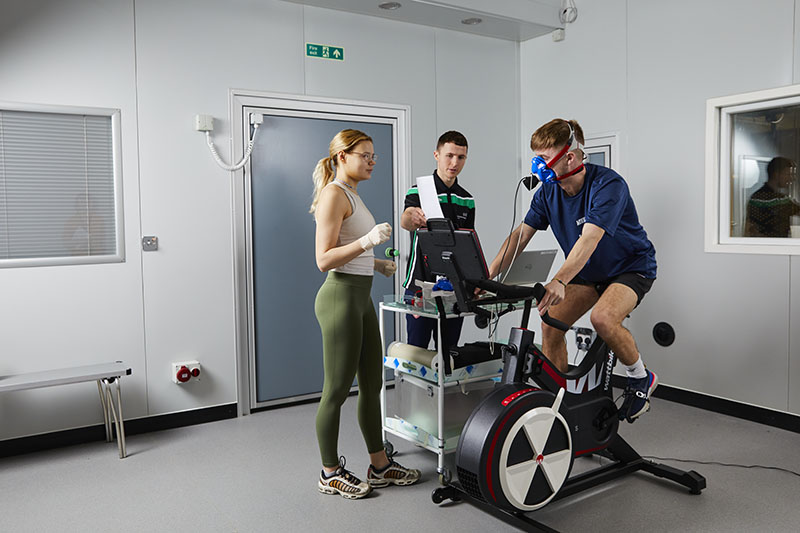
athletes under high altitude and hot and cold conditions
Prof Cable explained: “We have a range of research, all of whose academic tentacles can somehow touch sport, health and wellbeing. Therefore, our ability to inform change and bring novel and insightful paradigm shift is unprecedented.
“The size and scope of the many and multiple research opportunities are only just being realised. Collectively these dynamic approaches to research and learning excellence will power our ambition to be top five placed in the top five national league tables, and top five in world leagues tables by 2025.
“We have a unique opportunity for global influence, not just through our research, but through the recruitment of international students, and in creating overseas partnerships. We have already developed a relationship with International College of Football, Tongji University, a prestigious institution in Shanghai.
“We will be doing more work on partnership development through our alumni networks and through our sporting neighbours who already have a substantial international footprint, including Manchester City and Manchester United Football Clubs.
“By developing our international reputation, we hope to signpost to the world the excellent work that is going on at Manchester Met in all areas – and to showcase the fact we do things differently.”
Future direction
The sphere of influence of the new Institute is already being developed, with the creation of an advisory board to help shape its future direction. The make-up of this board will cover the sport and wellbeing world, including experts in nutrition, education, and finance.
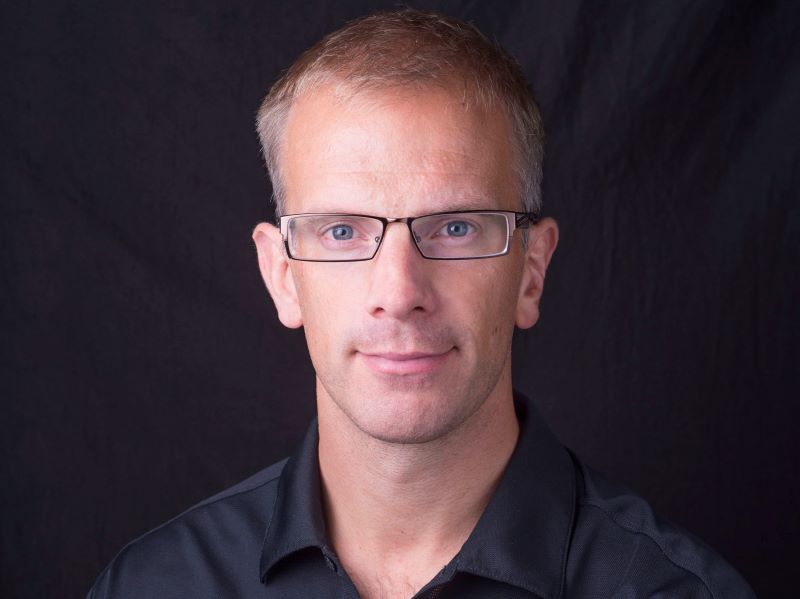
For example, one of the first people appointed is Dr James Carter, Director of Gatorade Sports Science Institute. Dr Carter is an expert in sports nutrition and metabolism, thermoregulation, and occupational physiology and has provided scientific support to the likes of the Ministry of Defence, Home Office, and Department of Health.
He said: “The new Institute of Sport and the enabling state-of-the[1]art technologies that it has access to across the University will bring new mechanistic understanding of the limits of human performance, and how we can push beyond the current boundaries by using nutritional and conditioning interventions.”
Another advisory board member is Tim Williams, an alumnus of Manchester Met, who has held senior financial roles with Manchester United and Inter Milan and is currently Managing Director of Tifosy Capital and Advisory.
He said: “The Institute of Sport represents a fantastic opportunity to work alongside colleagues to redefine and shape the future of sports business, funding, and policy reform in the UK and beyond. This multi-billion-pound sector continues to grow, and Manchester Met is perfectly placed to provide graduates capable of exerting their influence in this increasingly important sector of the UK and global economy.”
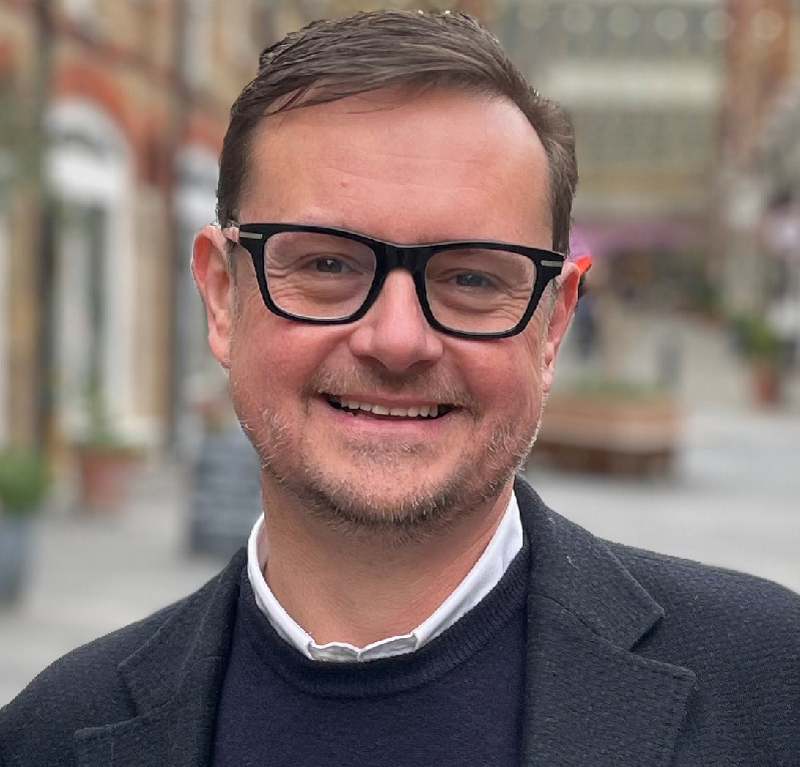
The Institute will operate on local, national, and international levels. From research and innovation for local sport, including guidance in strength and conditioning, recovery and injury rehabilitation and prevention, to informing national policy on ageing and physical activity, sport and participation, and inclusion, to global impact around the use of soft power and influence in mega sporting events.
Talent pipeline
It will also be a talent pipeline – in terms of developing athletes, filling skills gaps and providing opportunities to widen participation through creative and novel pathways into education such as lifelong learning, thus also playing into the Government’s levelling-up agenda.
Manchester Met’s long-established Sport Scholar programme has already helped the likes of Paralympic swimming champion Tully Kearney and current 5000m European record holder and World Indoor championship bronze medallist Marc Scott. Other scholars include basketball player and Great Britain captain Dan Clark, Manchester City and England winger Lauren Hemp and shot-putter and now bobsledder Adele Nicoll (you can read more about these athletes on pages 34-37).
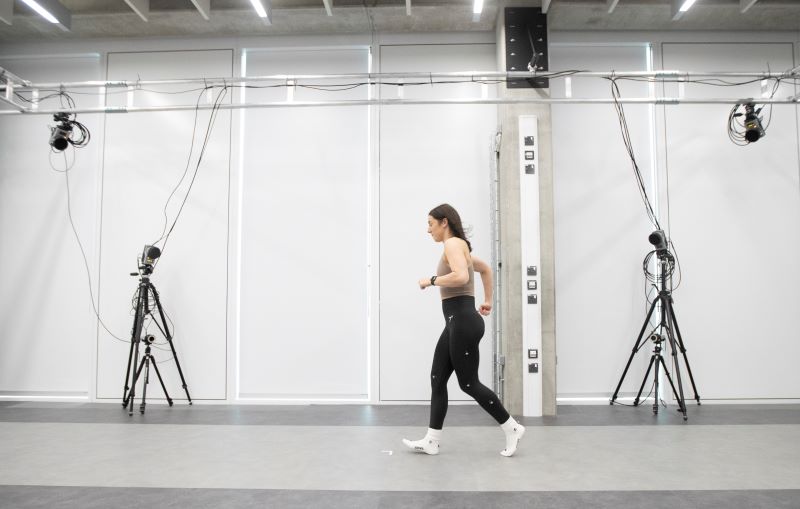
But the Institute will also be working with the sports industry to understand the skills needed to ensure students graduate ready to make an immediate impact.
Another new advisory board member Chris Earle, who is the former Head of Education at the Football Association and currently Head of Recreational Paddling at British Canoeing, said: “The Institute of Sport provides a unique platform from which to work with elite sport, national governing bodies and the sports industry to redefine learning paradigms and the capture of knowledge in order to provide a graduate workforce able to meet the demands of this dynamic environment.”
Engagement with partner organisations will also be paramount to the Institute’s future. Existing partnerships with the NHS and public health will be built on with elite sports and national governing bodies, and importantly with business innovation. The University already has strong relationships with Manchester City, English Netball and British Swimming amongst others, and is now forging relationships with organisations such as the World Health Organisation.
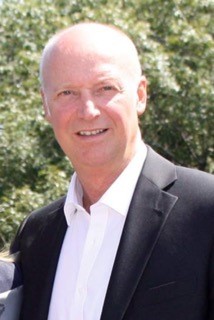
Prof Cable explained: “Our research will be industry-focused and business-engaged to have a real-world impact and make a difference to the quality of life of all communities we serve.
“We have created a place that will unlock the power of sport, bringing benefits to society relating to health and wellbeing, economic regeneration, and cultural enhancement.
“And if that’s not enough, it is all happening in a city that is globally renowned for its competitive manufacturing centre, a city that’s digitally savvy, media-centred, and mad for sport.”
Where can the Institute of Sport support athletes?
PERFORMANCE ENHANCEMENT
• Player load monitoring (physical/mental)
• Strength and conditioning and nutrition
• Game preparation
• Fatigue resistance
• Recovery
PLAYER HEALTH
• Injury surveillance
• Injury management
• Infection control
• Wellness and mental wellbeing
• Concussion
• Cardiac health
• Resilience training
TALENT
• Monitoring – Talent identification – Talent development – Talent support – Talent management
• Maturity status – Selection/release – Injury protection – Training load diversification – Nutritional requirements – Resilience mental toughness – Asset management
• Preparedness to perform as player (in stadium; on media; in person)
WOMEN’S HEALTH
• Analysis of demands of game (player load, style of play etc)
• Growth and maturational status
• Energy demand and nutritional status (bone health)
• Injury surveillance and prevalence
• Player health (wellness, menstrual health, mental health
